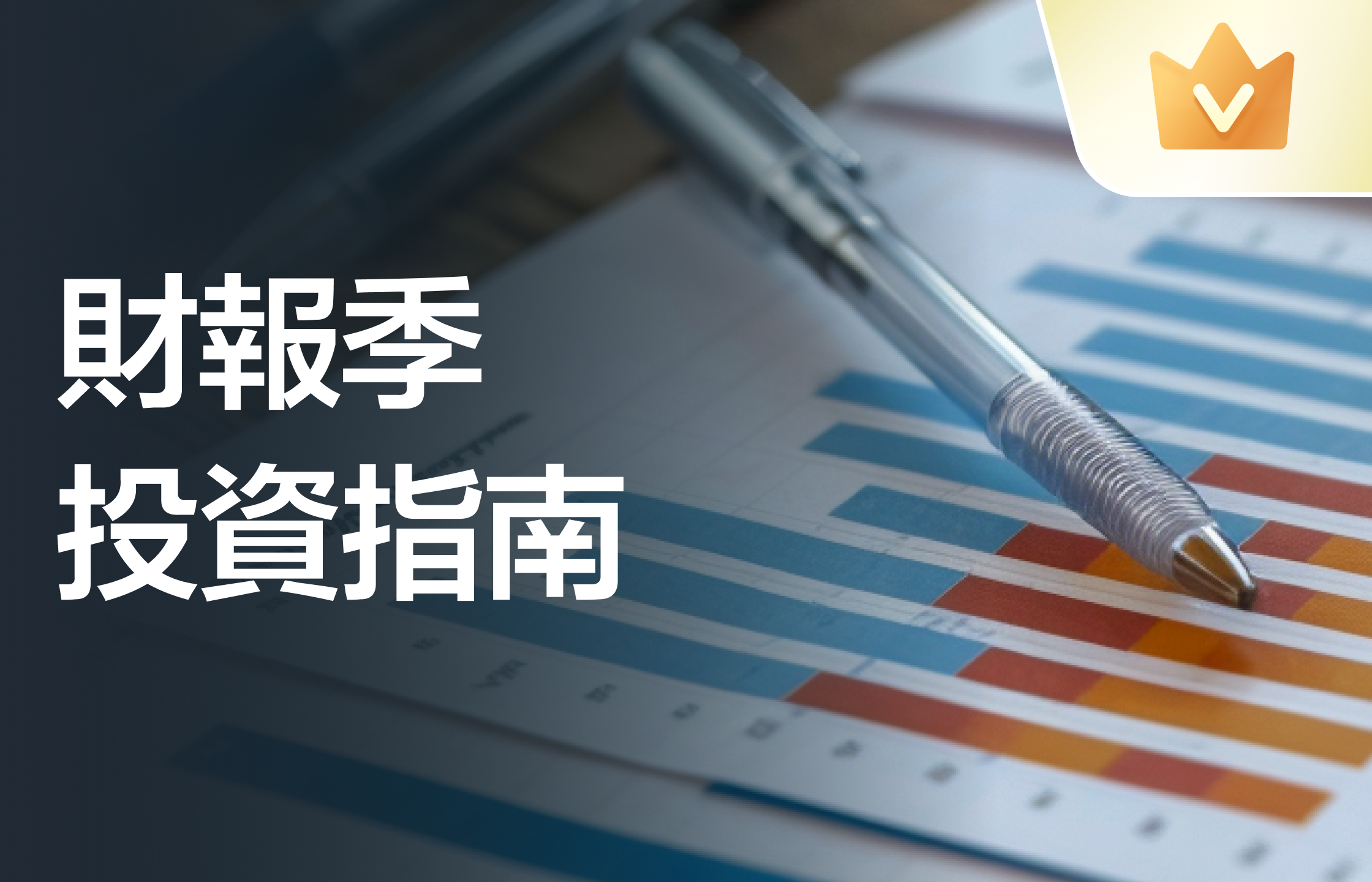去年3月,皇家荷兰壳牌石油公司表示,公司将出售其在加拿大的大部分油砂权益。这个庞大的项目已经从地下开采了数百万桶粘稠的碳氢化合物,而且与钻井相比,整个生产过程更像是在采矿。这家油气巨头宣布,公司将以72.5亿美元的价格出售其油砂资产,并藉此将更多的精力放在其「具有全球化规模和竞争优势」的业务上。
声明中并没有谈及资产剥离的更深层次原因。在荷兰海牙壳牌总部进行了数月的关门磋商之后,这家全球最大的非国有石油公司的高管们认为,能源行业正在发生根本性的转变,受此影响,有利可图的油砂可能会变成公司的债务负累。
壳牌内部分析师团队(又称「scenarios」)所开展的内部调查认为,原油的全球需求可能会在短短10年内达到最高峰,这对于增量计划长达四分之一世纪的行业来说就基本上就是「明天」。同时,化石燃料替代能源,例如太阳能、风能和电动汽车,如今变得越来越有竞争力,而且其价格的下降速度也超过了壳牌高管的预期,这些都将加速这一峰值的到来。壳牌认为,当原油需求见顶时,原油价格可能会开始缓慢下滑。最终,过低的价格将难以支付油砂的生产成本。
 上述价格下滑并非是另一个油价周期的到来。在这一众所周知的周期中,油价会像过山车一样,有落必有起。届时,原油世纪本身将进入长达数十年的下滑通道。在这个未知的世界中,用壳牌公司广为流传的一个词来说,原油价格可能会陷入「跌跌不休」的境地。
上述价格下滑并非是另一个油价周期的到来。在这一众所周知的周期中,油价会像过山车一样,有落必有起。届时,原油世纪本身将进入长达数十年的下滑通道。在这个未知的世界中,用壳牌公司广为流传的一个词来说,原油价格可能会陷入「跌跌不休」的境地。
如果这一局面成为现实,然而公司还握着油砂不放,壳牌scenarios团队负责人杰瑞米·本特汉姆借用了他向其老板写的备忘录要点(写于公司决定出售油砂不久之前),用抑扬顿挫的英国口音对我说,「那么你就——天哪,原谅我——完蛋了。」
壳牌这台印钞机在2017年前9个月狂揽90亿美元的利润,在70多个国家聘用了9万名雇员。如果将这家公司看作是一个国家,那么它的碳印迹将在全球排名第七位,仅次于德国。壳牌在去年的《财富》全球500强企业排名中名列第七,销售额2400亿美元。如今,这家公司为了生存正在收缩自己的业务。它认为,原油需求有可能会在21世纪20年代末至40年代末期间见顶,因为能源行业正在发生颠覆性的转变:从原油向电力的转变。
在价格实惠的新型油气替代能源(也就是众所周知的太阳能、风能和电池)助推这一转变向前迈进的同时,政府愈发严格的温室气体限排政策更是加剧了这一转变的速度。虽然在特朗普总统主导下美国撤出了巴黎气候协定,但欧洲、中国以及很多发展中国家正采取举措减少碳排放量。
如果壳牌未能拿出举措来应对这一新能源格局,那么公司将背负巨额难以处置的地下油气资源。为了勘探这些资源,股东花费了数十亿美元,然而由于需求的疲软,公司会发现这些资源开采和销售并不赚钱。
壳牌首席执行官范伯登发誓不会让此类情况发生。「我们不会坐以待毙」,这位59岁的荷兰人在海牙的角落办公室接受采访时对我说。「我们会采取措施加以应对。」
问题在于,原油巨头们对于今后该何去何从感到越发迷茫。在过去,「公司不得不对一系列结果进行权衡,但我们依然可以采取保守的策略来应对」,范伯登说道。他还指出,「目前的挑战在于,我们无法看清未来会如何发展。」
为此,壳牌做出了一些战略豪赌。如果奏效的话,他将让壳牌获得新生,并适应原油不再是全球经济首要润滑剂的时代。他将把这家原油巨头转型为一家能源巨头。
他所要做的第一步就是削减运营成本,以便壳牌能够比竞争对手更好地利用原油世纪结束之前的这段时光来赚钱。壳牌预计全球天然气需求在未来几十年将继续攀升。但是范伯登一直在削减其石油项目资产组合,只保留那些能够在原油均价低于40美元/桶的市场中提供良好回报的精益资产。这一价格远低于过去10年的均价。
壳牌出售了价值数十亿美元的项目,包括它认为无法满足其新低成本要求的油砂。公司正在重新设计其深水原油平台和在岸页岩气项目,以便对其进行精简。这对于公司来说是一个重大的文化变化,因为公司长期以来一直以工程技术而不是经济纪律而著称。此外,在过去两年中,公司裁掉了12%的员工,也就是1.25万名雇员,其中很多在加入壳牌时都认为自己找到了一个铁饭碗,但裁员并没有结束。
范伯登的第二个策略更难实施。他希望壳牌在自己的推动下能够成为电力时代的主要力量,也就是这一领域首家真正的国际性大公司。壳牌此前曾在可再生能源发展初期进行过尝试,但并未获得成功。范伯登将推动壳牌向更深层次领域发展,并藉此推动公司向销售电力这个更宏大的目标迈进。壳牌正于北海修建一座在岸风力发电厂;其所参与的财团正在阿曼和加州修建太阳能发电厂;而且公司已经购买了欧洲最大的一家电动汽车充电公司以及一家主要的英国电力提供商。
去年3月,皇家荷蘭殼牌石油公司表示,公司將出售其在加拿大的大部分油砂權益。這個龐大的項目已經從地下開採了數百萬桶粘稠的碳氫化合物,而且與鑽井相比,整個生產過程更像是在採礦。這家油氣巨頭宣佈,公司將以72.5億美元的價格出售其油砂資產,並藉此將更多的精力放在其「具有全球化規模和競爭優勢」的業務上。
聲明中並沒有談及資產剝離的更深層次原因。在荷蘭海牙殼牌總部進行了數月的關門磋商之後,這家全球最大的非國有石油公司的高管們認為,能源行業正在發生根本性的轉變,受此影響,有利可圖的油砂可能會變成公司的債務負累。
殼牌內部分析師團隊(又稱「scenarios」)所開展的內部調查認為,原油的全球需求可能會在短短10年內達到最高峯,這對於增量計劃長達四分之一世紀的行業來説就基本上就是「明天」。同時,化石燃料替代能源,例如太陽能、風能和電動汽車,如今變得越來越有競爭力,而且其價格的下降速度也超過了殼牌高管的預期,這些都將加速這一峯值的到來。殼牌認為,當原油需求見頂時,原油價格可能會開始緩慢下滑。最終,過低的價格將難以支付油砂的生產成本。
 上述價格下滑並非是另一個油價週期的到來。在這一眾所周知的週期中,油價會像過山車一樣,有落必有起。屆時,原油世紀本身將進入長達數十年的下滑通道。在這個未知的世界中,用殼牌公司廣為流傳的一個詞來説,原油價格可能會陷入「跌跌不休」的境地。
上述價格下滑並非是另一個油價週期的到來。在這一眾所周知的週期中,油價會像過山車一樣,有落必有起。屆時,原油世紀本身將進入長達數十年的下滑通道。在這個未知的世界中,用殼牌公司廣為流傳的一個詞來説,原油價格可能會陷入「跌跌不休」的境地。
如果這一局面成為現實,然而公司還握着油砂不放,殼牌scenarios團隊負責人傑瑞米·本特漢姆借用了他向其老闆寫的備忘錄要點(寫於公司決定出售油砂不久之前),用抑揚頓挫的英國口音對我説,「那麼你就——天哪,原諒我——完蛋了。」
殼牌這台印鈔機在2017年前9個月狂攬90億美元的利潤,在70多個國家聘用了9萬名僱員。如果將這家公司看作是一個國家,那麼它的碳印跡將在全球排名第七位,僅次於德國。殼牌在去年的《財富》全球500強企業排名中名列第七,銷售額2400億美元。如今,這家公司為了生存正在收縮自己的業務。它認為,原油需求有可能會在21世紀20年代末至40年代末期間見頂,因為能源行業正在發生顛覆性的轉變:從原油向電力的轉變。
在價格實惠的新型油氣替代能源(也就是眾所周知的太陽能、風能和電池)助推這一轉變向前邁進的同時,政府愈發嚴格的温室氣體限排政策更是加劇了這一轉變的速度。雖然在特朗普總統主導下美國撤出了巴黎氣候協定,但歐洲、中國以及很多發展中國家正採取舉措減少碳排放量。
如果殼牌未能拿出舉措來應對這一新能源格局,那麼公司將揹負鉅額難以處置的地下油氣資源。為了勘探這些資源,股東花費了數十億美元,然而由於需求的疲軟,公司會發現這些資源開採和銷售並不賺錢。
殼牌首席執行官範伯登發誓不會讓此類情況發生。「我們不會坐以待斃」,這位59歲的荷蘭人在海牙的角落辦公室接受採訪時對我説。「我們會採取措施加以應對。」
問題在於,原油巨頭們對於今後該何去何從感到越發迷茫。在過去,「公司不得不對一系列結果進行權衡,但我們依然可以採取保守的策略來應對」,範伯登説道。他還指出,「目前的挑戰在於,我們無法看清未來會如何發展。」
為此,殼牌做出了一些戰略豪賭。如果奏效的話,他將讓殼牌獲得新生,並適應原油不再是全球經濟首要潤滑劑的時代。他將把這家原油巨頭轉型為一家能源巨頭。
他所要做的第一步就是削減運營成本,以便殼牌能夠比競爭對手更好地利用原油世紀結束之前的這段時光來賺錢。殼牌預計全球天然氣需求在未來幾十年將繼續攀升。但是範伯登一直在削減其石油項目資產組合,只保留那些能夠在原油均價低於40美元/桶的市場中提供良好回報的精益資產。這一價格遠低於過去10年的均價。
殼牌出售了價值數十億美元的項目,包括它認為無法滿足其新低成本要求的油砂。公司正在重新設計其深水原油平臺和在岸頁巖氣項目,以便對其進行精簡。這對於公司來説是一個重大的文化變化,因為公司長期以來一直以工程技術而不是經濟紀律而著稱。此外,在過去兩年中,公司裁掉了12%的員工,也就是1.25萬名僱員,其中很多在加入殼牌時都認為自己找到了一個鐵飯碗,但裁員並沒有結束。
範伯登的第二個策略更難實施。他希望殼牌在自己的推動下能夠成為電力時代的主要力量,也就是這一領域首家真正的國際性大公司。殼牌此前曾在可再生能源發展初期進行過嘗試,但並未獲得成功。範伯登將推動殼牌向更深層次領域發展,並藉此推動公司向銷售電力這個更宏大的目標邁進。殼牌正於北海修建一座在岸風力發電廠;其所參與的財團正在阿曼和加州修建太陽能發電廠;而且公司已經購買了歐洲最大的一家電動汽車充電公司以及一家主要的英國電力提供商。
 上述價格下滑並非是另一個油價週期的到來。在這一眾所周知的週期中,油價會像過山車一樣,有落必有起。屆時,原油世紀本身將進入長達數十年的下滑通道。在這個未知的世界中,用殼牌公司廣為流傳的一個詞來説,原油價格可能會陷入「跌跌不休」的境地。
上述價格下滑並非是另一個油價週期的到來。在這一眾所周知的週期中,油價會像過山車一樣,有落必有起。屆時,原油世紀本身將進入長達數十年的下滑通道。在這個未知的世界中,用殼牌公司廣為流傳的一個詞來説,原油價格可能會陷入「跌跌不休」的境地。


 上述价格下滑并非是另一个油价周期的到来。在这一众所周知的周期中,油价会像过山车一样,有落必有起。届时,原油世纪本身将进入长达数十年的下滑通道。在这个未知的世界中,用壳牌公司广为流传的一个词来说,原油价格可能会陷入「跌跌不休」的境地。
上述价格下滑并非是另一个油价周期的到来。在这一众所周知的周期中,油价会像过山车一样,有落必有起。届时,原油世纪本身将进入长达数十年的下滑通道。在这个未知的世界中,用壳牌公司广为流传的一个词来说,原油价格可能会陷入「跌跌不休」的境地。






評論(0)
請選擇舉報原因